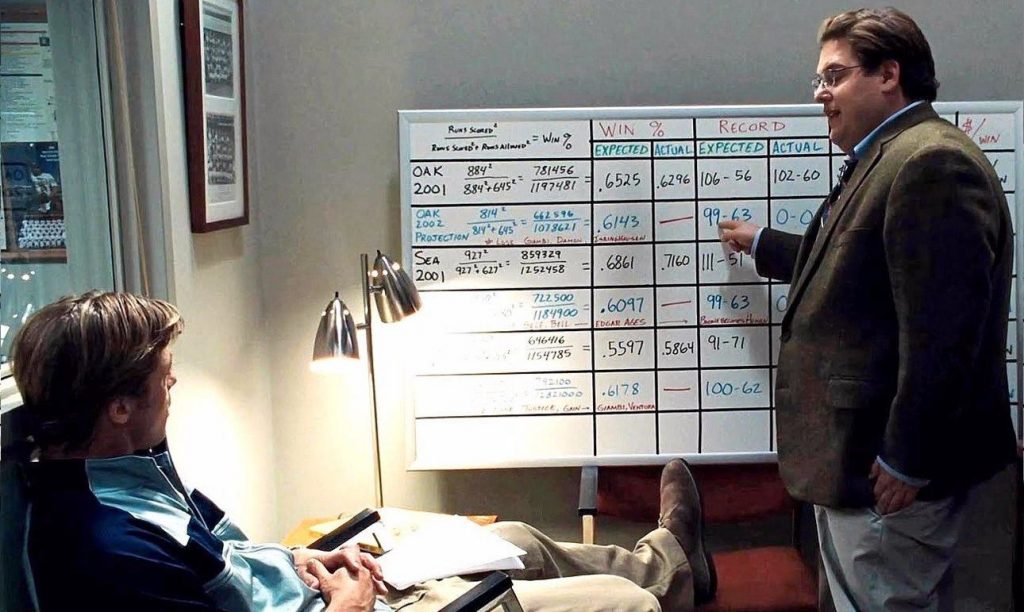What Is Critical Thinking?
Critical thinking is a concept that got its name in the early 20th Century, but it’s actually been forming and developing for 2,500 years. Socrates and Plato were on to something. The term “critical thinking” was first used to describe an “educational goal” back in 1910.

Critical thinking is a concept that got its name in the early 20th Century, but it’s actually been forming and developing for 2,500 years. Socrates and Plato were on to something. The term “critical thinking” was first used to describe an “educational goal” back in 1910. Its initial use came from American philosopher John Dewey, though he tended to call it “reflective thinking” more often than not. According to Dewey, he defines it as “active, persistent and careful consideration of any belief or supposed form of knowledge in the light of the grounds that support it, and the further conclusions to which it tends.”
Dewey’s definition is just one of many. Another way to define critical thinking is as the ability to first think rationally and clearly, thereby understanding the logical connection between ideas. Critical thinking might also be described as one’s “ability to engage in reflective and independent thinking.”
In a nutshell, critical thinking is about reasoning and your ability to use it. Can you be an active learner rather than someone who receives information passively? A critical thinker questions ideas and does not accept things at face value. If you believe in the Zodiac (which most critical thinkers don’t) and are a Libra, then you are a critical thinker. Libras are extremely capable of dispensing their ideas and then defending them splendidly with logic and reason.
The 7 Dispositions Of Critical Thinkers
According to Peter and Noreen Facione, there are seven dispositions revolving around critical thinkers. These are…
- seeking the truth
- being analytical
- being open-minded
- the ability to think systematically
- being self-confident
- being inquisitive
- maturity
All of these features factor heavily in one’s ability to be a critical thinker. Using all seven key features, a critical thinker can determine whether ideas presented, their arguments, and their findings represent everything they see. Critical thinking means being prepared to find out that those ideas are not what they seem.
A Certain Set Of Skills
There are certain skills required in order for critical thinking to take over. These skills are varied, and they include observation and analysis, interpretation, reflection, evaluation, explanation, problem-solving, and decision making. Incorporating these will allow you to think critically, something many don’t do often enough. Instead, humans often allow anger, joy, or even grief to affect self-control, which makes critical thinking a moot point.
If we are able to rein in these emotions and apply the required skills, then we can use them to better think about a specific topic with an objective, but critical eye. We will also be able to grab a particular issue and identify different arguments concerning such issues. If there is a specific point of view up for debate, we can properly evaluate it to determine if it’s a strong or valid point.
Using those skills, we can also recognize a weakness or negative point in an argument. Thinking critically will also allow us to determine what implications if any, there are behind an argument or statement. Finally, if we wish to make an argument, critical thinking will help us provide structured support and reasoning to back it up.
Critical Thinking In The Real World
Most often people think of critical thinking as something scientists and engineers do. As part of the scientific method of testing and considering results. That is one use of the process, but it’s so much more than that. By thinking through in this method, there’s really no aspect of life that can’t be improved.
One of the most common parts of life that can be improved through critical thinking is problem-solving. Problem solving is something we all must do and probably more often than we wish. That doesn’t mean everyone does it well. Nearly everyone’s job consists of problems that must be solved. If you’re a student, you are faced with solving problems given to you by teachers, but also solving social and financial problems that come with life.. Many might think they are world-class problem solvers, but if you don’t apply the necessary thinking skills or take time to refine them, you may end up making the wrong decisions. Things going badly in your life? Stop to consider whether you’re using critical thinking to solve the things life throws at you.
Critical thinking is also essential in properly assessing risk. Life is risk and the choices we make are based almost entirely on choosing when to take risks and when not to. For example, risk analysis can be used in making difficult medical decisions. Cancer patients, for example, must sometimes decide if an untested, experimental treatment is more or less dangerous than the cancer they are facing. To do that properly, they must apply critical thinking to consider all the facts, take in the doctor’s opinions, factor in their quality of life, reach conclusions, and then be prepared to be wrong.
Article continues below headlines

The Best Type Of Butter Dish For Your Home Kitchen
The history of the butter dish is intertwined with the history of butter itself and the evolution of dining etiquette. …
Continue reading "The Best Type Of Butter Dish For Your Home Kitchen"
The post The Best Type Of Butter Dish For Your Home Kitchen appeared first on Tell Me Best.
Continue
Quentin Tarantino Cancels Final Film Before First Day Of Shoot | GIANT FREAKIN ROBOT
Quentin Tarantino’s much-hyped film The Movie Critic won’t begin shooting this summer as was originally planned. The legendary director is …Continue reading "Quentin Tarantino Cancels Final Film Before First Day Of Shoot"
ContinueCritical thinking can be used in all aspects of life, even in relationships. Critical thinking can help you determine the right partner for your future, without allowing emotions to derail your choice. Critical thinking can help you get the right gift for your wife, instead of messing up and getting her a vacuum like you did last year. Critical thinking can help parents raise better kids, enabling them to figure out a system of rewards and consequences which help their child learn.
Whether you’re aware of it or not, you use critical thinking daily. The more aware you are of it, the better job you’ll do of it. Give it some thought, look around the workplace, look around your home, or look around your school. Identify where you may be using it. Identify where you should be using it. Make sure you’re using it correctly.







